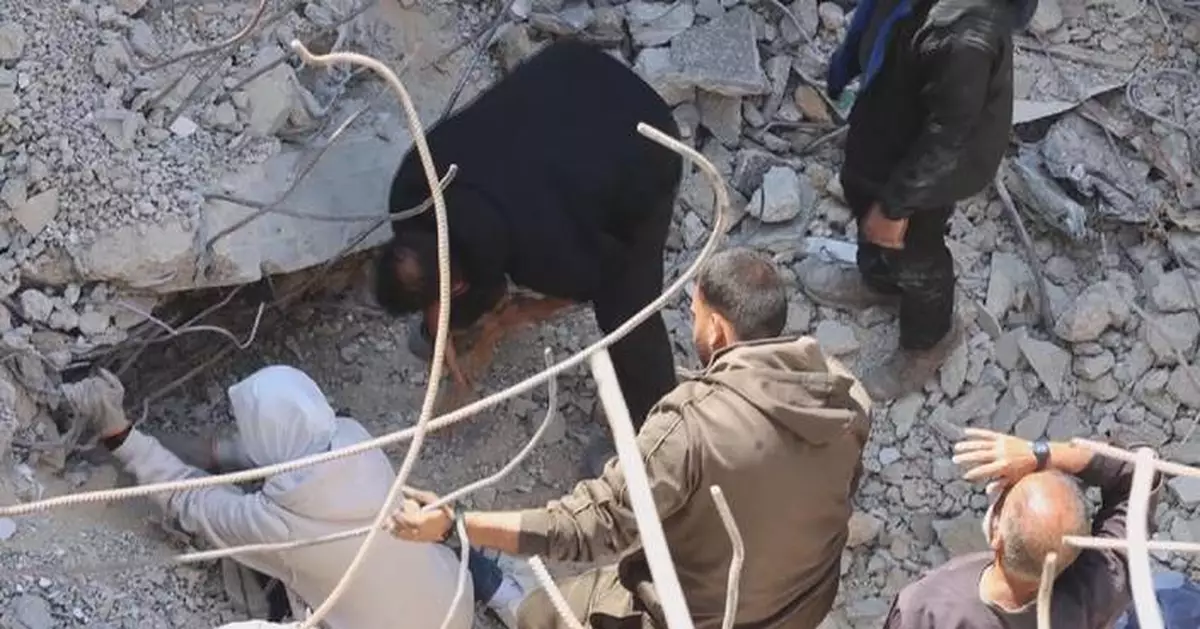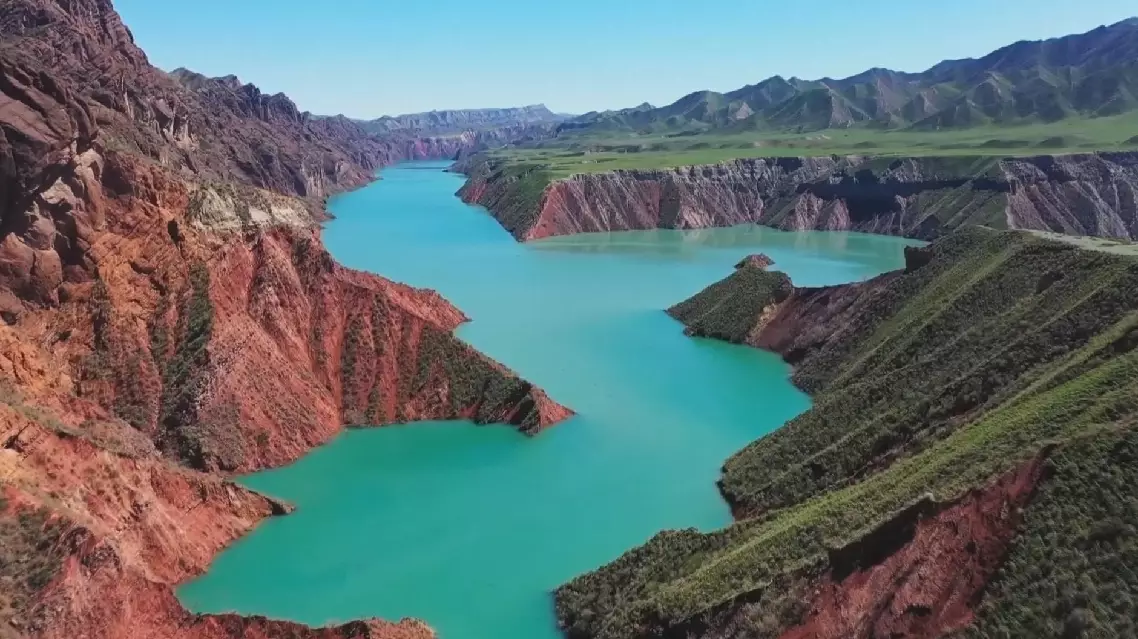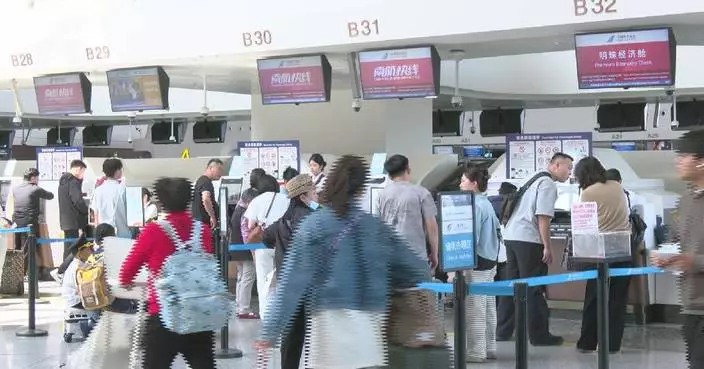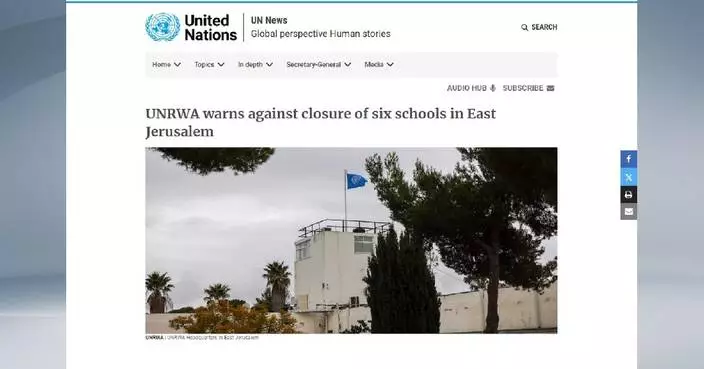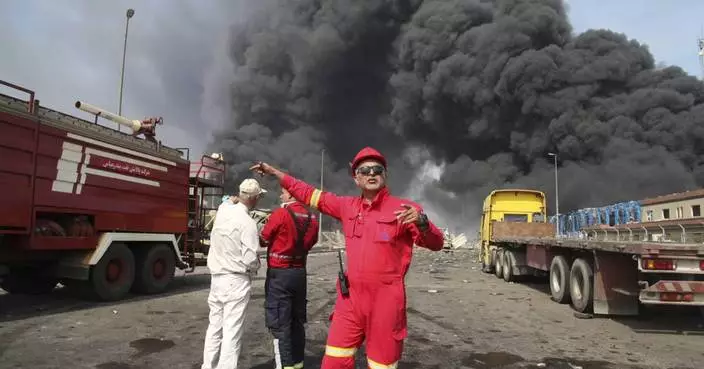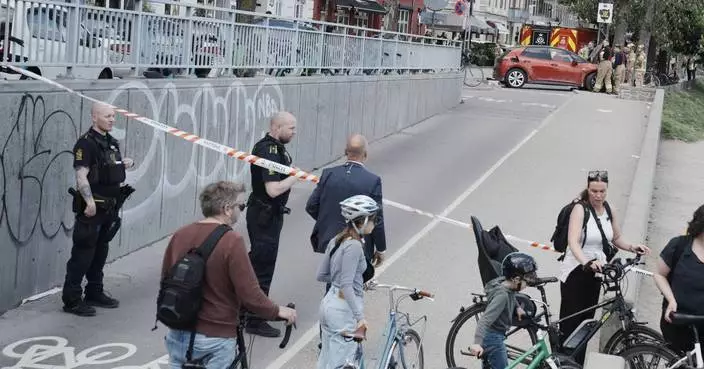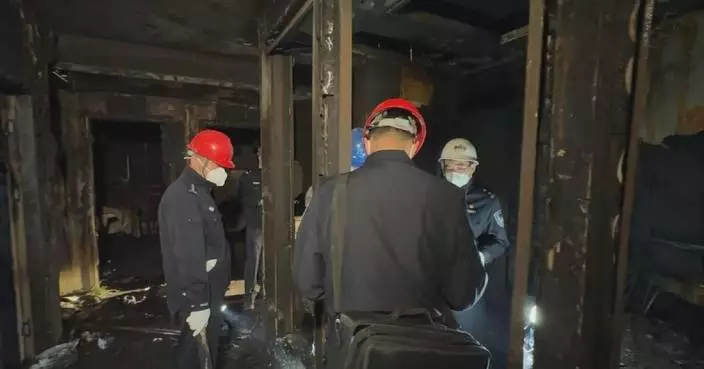More than 11,000 people remain missing in the war-torn Gaza Strip since the latest Israel-Hamas conflict erupted on October 7, 2023, with many feared trapped under rubble or unaccounted for.
The Gaza Strip is grappling with a severe shortage of equipment necessary to clear the debris, as most heavy machinery has been destroyed or is inoperable due to a critical lack of fuel. According to the United Nations, around 92 percent of homes in Gaza -- approximately 436,000 houses -- have been either destroyed or damaged by relentless Israeli bombardment.
"Before the war, we were building and repairing roads. Today, as you can see, we are removing the rubble from homes to retrieve the bodies of those missing," said Atef Nasr, a bulldozer driver.
UN estimates suggest that removing the rubble left by the war, estimated to exceed 50 million tons, may take more than two decades given the current lack of necessary resources.
In Gaza City, the Dahdouh family is among those living through unimaginable grief. One of their sons was killed in an Israeli airstrike that leveled a seven-story building. For nearly a year, the family could not retrieve his body.
"My brother's body remained under the rubble for nearly a year. After the war, we tried to retrieve it, but since the building had seven floors, we couldn't reach him without heavy machinery. The occupation burned and destroyed all the heavy equipment -- bulldozers and excavators -- that could have helped recover the bodies of those trapped under the rubble," said Moayad Dahdouh, the victim's brother.
Local Palestinian reports estimate that the ongoing conflict has led to more than 62,000 deaths from October 2023 to April 2025. Of these, 51,065 bodies have been recovered, while over 11,000 individuals remain unaccounted for.
In Khan Younis in southern Gaza, the Dajani family returned to their destroyed home, though they were unable to retrieve the bodies of three of their children still buried under the debris.
"We were displaced near the seashore, and when we returned, we found the house destroyed, with the bodies buried beneath the rubble. We were forced to live in this house, but this is not life, it's extremely difficult. All we want is to retrieve the bodies from under the rubble, because the dignity of the dead is in their burial," said Ali Dajani, the victims' father.
Humanitarian organizations warn that the delay in removing rubble and recovering bodies not only causes immense suffering for the affected families, but also poses a looming health and environmental catastrophe in one of the most densely populated areas in the world.
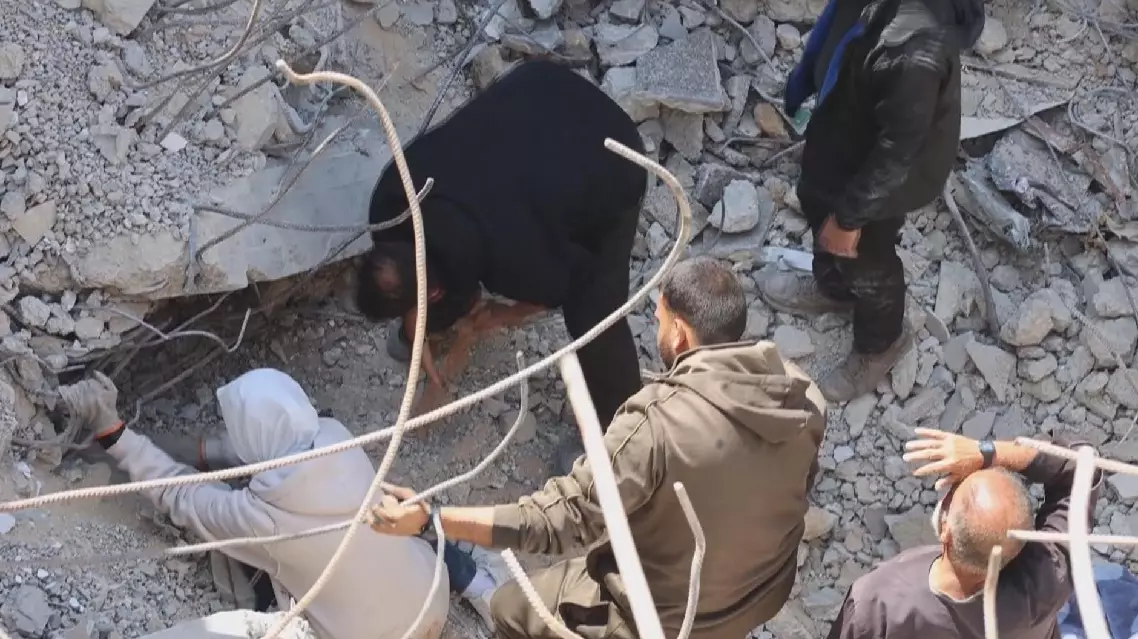
Over 11,000 still missing amid Gaza conflict: reports


